The highest art is always the most religious, and the greatest artist is always a devout person
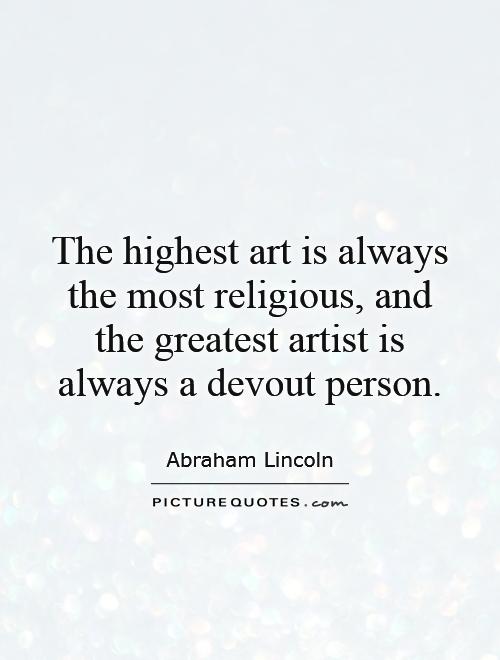
The highest art is always the most religious, and the greatest artist is always a devout person
Abraham Lincoln, the 16th President of the United States, is often regarded as one of the greatest leaders in American history. His leadership during the Civil War and his efforts to abolish slavery have solidified his place as a revered figure in the annals of American history. However, what is often overlooked is Lincoln's deep religious faith and how it influenced his actions and decisions as a leader.Lincoln was raised in a devout Christian household and his faith played a significant role in shaping his character and guiding his moral compass. He often spoke of his belief in a higher power and the importance of prayer in his life. In his famous Gettysburg Address, Lincoln referenced God and the divine providence that guided the nation through its darkest hours. His faith gave him strength and courage to face the challenges of his time with grace and humility.
It can be argued that Lincoln's religious beliefs were the driving force behind his commitment to justice and equality. His belief in the inherent worth and dignity of every individual, regardless of race or background, led him to issue the Emancipation Proclamation and push for the passage of the 13th Amendment, which abolished slavery in the United States. These actions were not just political decisions, but reflections of Lincoln's deeply held religious convictions.
In the context of the quote, "The highest art is always the most religious, and the greatest artist is always a devout person," Lincoln can be seen as the embodiment of this idea. His leadership during a tumultuous period in American history can be viewed as a form of art, with his moral clarity and unwavering commitment to justice as his brushstrokes. And his devout faith served as the foundation upon which his leadership was built, guiding him to make decisions that were not just politically expedient, but morally right.




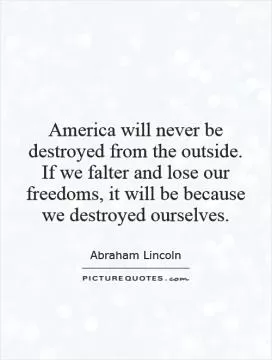

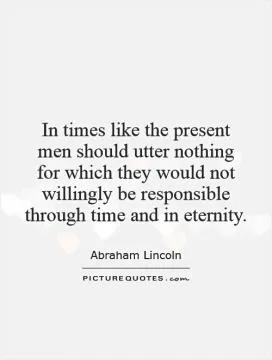

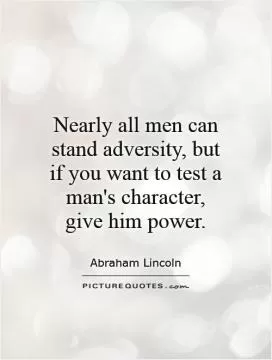
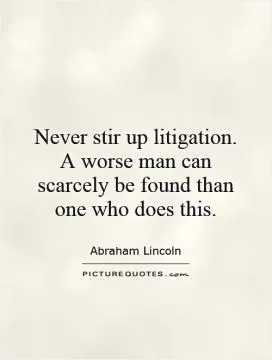


 Friendship Quotes
Friendship Quotes Love Quotes
Love Quotes Life Quotes
Life Quotes Funny Quotes
Funny Quotes Motivational Quotes
Motivational Quotes Inspirational Quotes
Inspirational Quotes